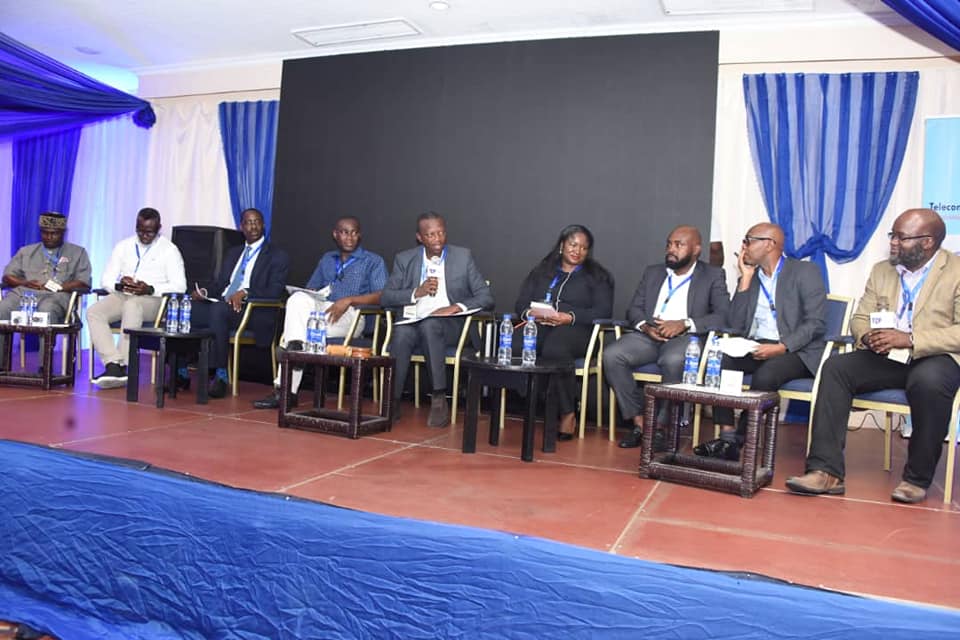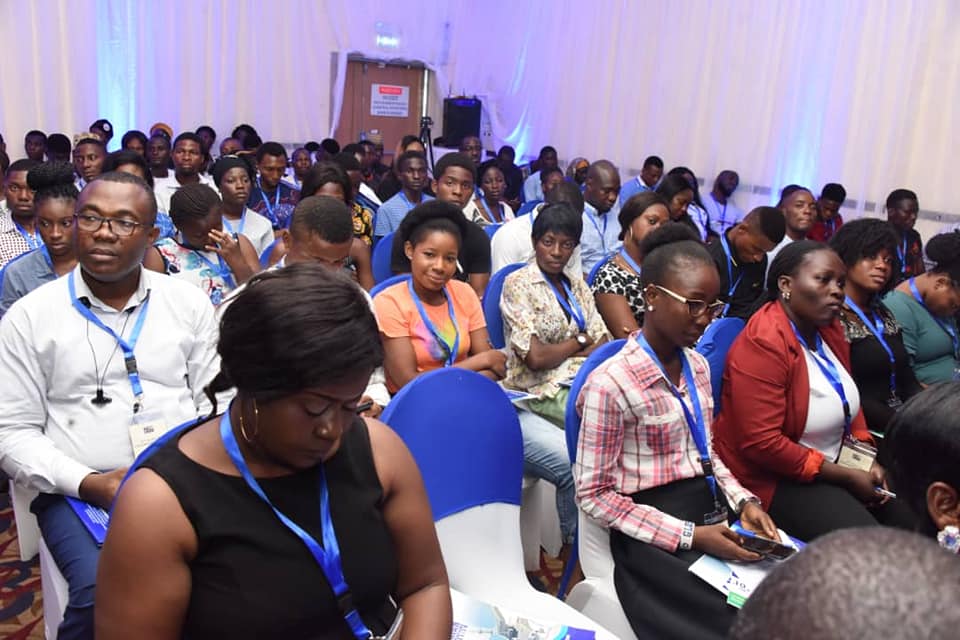By Martin Ekpeke
Stakeholders at yesterday’s Nigerian Communications Commission (NCC) organized Telecom Consumer Parliament have come up with a 6-point resolutions on cyber crimes, which industry watchers and analysts believe will be able to ameliorate the menace of cyber security in Nigeria.
The 6-point resolutions, where were unanimously adopted and seconded by the parliamentarians at the event with the theme: “Challenges of cybercrimes: the role of the telecom service providers” are:
- NCC and Service Providers in the telecom sector should continue to sensitize telecom subscribers about cyber crime and other sectoral issues in pidgin and other local languages
- Service Providers should educate subscribers about cyber crimes during SIM Registration process as well as through End-of-Call-Notifications.
- All knowledgeable subscribers should act as ambassadors and educate their relations and relatives on cyber risks.
- Service Providers should endeavour to implement “Know Your Customer” procedures on the subscribers in order to maintain a stronger and more credible database.
- Service Providers should install firewalls on their networks.
- All national efforts aimed at addressing cybersecurity should be all-inclusive in order to be effective.

Earlier at the event, which draws participation from the telecom sector, the academia, civil society organizations, security agencies, cyber security experts and the media, the Director, Consumer Affairs Bureau at NCC, Mrs. Felicia Onwuegbuchulam explained that the essence of the Telecom Consumer Parliament is to provide a high-level engagement and interactions with consumers, service provider, the regulator and other stakeholders in the telecommunications industry.
She said the programme, usually hosted on a quarterly basis, has become a veritable platform for addressing critical industry challenges, affecting consumers and other stakeholders in the telecommunications value-chain in Nigeria.
“The TCP platform has addressed various topical issues over the years, which have yielded significant, positive and far-reaching impact on the growth of the industry, and as well have benefited stakeholders in diverse ways,” she noted.
Onwuegbuchulam also disclosed, during the third and fourth quarters editions of the Parliament held in Lagos and Abuja respectively In 2018, participants discussed and proffered solutions to the problem of call masking identified as a threat to the industry. “Today, we are happy to note that consumer complaints to the Commission pertaining to call masking and SIM boxing have reduced drastically compared to what was the case in the wake of the menace,” she added.

Meanwhile, the Executive Vice Chairman of the Nigerian Communications Commission, Prof. Umar Danbatta, said there is a need to brainstorm on the theme, “Challenges of Cybercrime: The Role of the Telecoms Service Providers,” as demand for high-speed Internet in Nigeria, Africa and across the globe by telecom consumers is rapidly growing.
He said, in today’s digital economy, the Internet, and by extension broadband, is enabling people to carry out their personal and official activities in a more efficient and effective manner. Thus, there is a need to also acknowledge that as far as these benefits go, there are also associated risks of the use of cyberspace, noting that both have to be properly managed.
He listed some of the risks to include spamming, Subscriber Identity Module (SIM) card frauds, credit card frauds, Automated Teller Machine (ATM) frauds, phishing, identity theft, unauthorised access, distribution of obscene and indecent contents, cyber bullying, among several other forms of sophisticated cyber-criminal activities are being perpetrated within the cyberspace. These and others, he said, were carried out leveraging telecom services.
“The cyberspace has become a blossoming haven for cybercriminals to perpetrate their insidious acts which have continued to cost unsuspecting Internet users and many organizations billions of Naira in lost money and revenue. Most times, the main target of cybercrimes is to steal information, passwords or the identity of genuine lntermet users for selfish profiteering,” he announced in his opening remark.
Danbatta believes that the risk is even higher for African businesses. “Though Africa is relatively limited in terms of communications infrastructure, due to the cost intensive nature deployment, it is increasingly a target for cybercriminals, as most African countries still have a low level of commitment to cybersecurity,” he added.
Asked what is expected of telecom industry players and the regulator towards securing the cyberspace for their individual and enterprise customers, the former University lecturer explained that Telecoms Service Providers operating in Nigeria would be expected, more than ever before, to strengthen their cyber-risk protection systems and architecture.
“We also believe that the time has come for organisations and telecom service providers alike, to begin to use next-generation authentication as against the hitherto username-password authentication system. The ITU, in a report, says the latter is vulnerable to hacking and all forms of cyber attacks,” he said.
He argues that in implementing these suggestions, Telecoms Service Providers will help Intemet-dependent organisations in sustaining their activities in an increasingly-connected world and containing the menace of cybercrimes on their finances and reputation, on their employees and customers.




